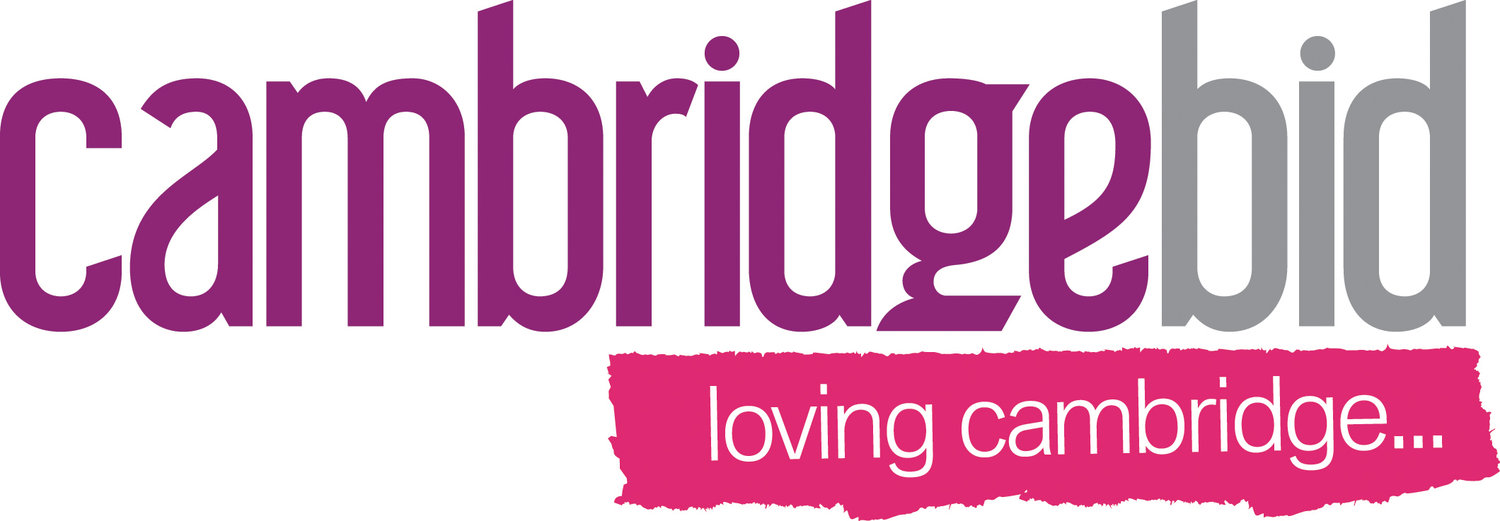Weekly footfall in Cambridge was up 5% last week, that was on top of a 20% weekly rise the week before. This is above the national data for high streets and compared to 2019 last week Cambridge was only 10% down whereas nationally high streets were -20%.
So it looks like it is all going well for businesses. Consumer demand did rebound very strongly in the second half of last year and businesses were set for a strong xmas right up until the Plan B rules came in and a flood of cancellations came through.
The Government has offered some small Omicron grants, but these are specifically for hospitality businesses and plan B, with the work from home mandate, impacted the whole of the high street, since consumers usually shop, then lunch or dinner in the same visit. Less parties also means less party related shopping spend.
Speaking to businesses these grants are simply not enough and further support is required, businesses like consumers are facing considerable cost increases. These include rising wage costs to compete in the very tight labour market, energy costs and the costs of goods that they are supplying, many now subject to import tariffs post Brexit.
From April the current VAT discount for hospitality businesses is due to end, many larger high street businesses will return to paying their full business rates that we know in Cambridge are already very high and the recently imposed rise in national insurance for employers will also begin.
High streets are vital to the economic recovery as we adjust to living with covid, they bring us together, they provide spaces for us to meet friends, share experiences and support local job creation and employment. The government needs to look again at the support available and develop longer term solutions to the current employment crisis that is represented by the plethora of ‘Help wanted’ signs in so many of our shops, bars and restaurants.


